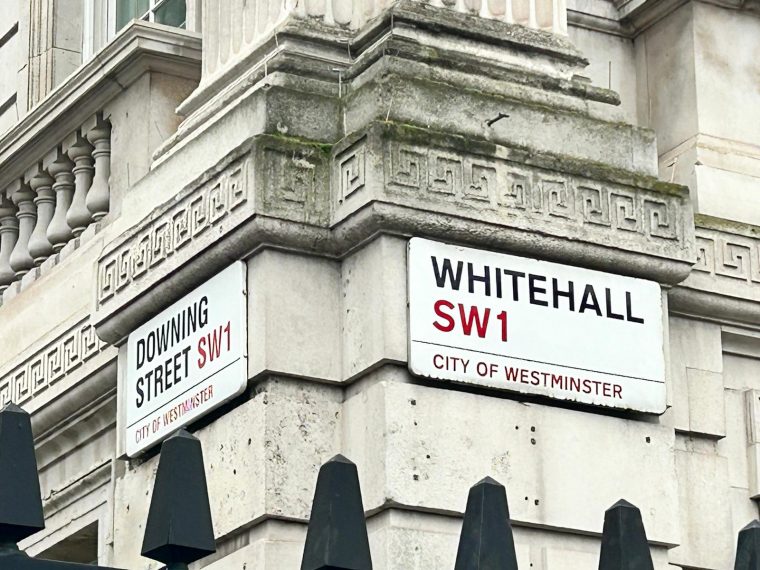
Whitehall’s influence on policy making in the UK is significant, as it plays a central role in developing, implementing, and evaluating government policies across a wide range of areas.
Whitehall, is often referred to as the collective body of government departments and ministries in the United Kingdom, primarily located in the Whitehall area of London. These departments play a crucial role in influencing policy making in the UK. Here’s how Whitehall influences policy making:
Policy Development and Formulation: Whitehall departments are responsible for developing and formulating policies within their respective areas of expertise. This involves conducting research, gathering evidence, consulting stakeholders, and analysing data to craft policies that address societal needs and government priorities.
Policy Advice to Ministers: Civil servants within Whitehall provide policy advice to government ministers. They brief ministers on various policy options, potential implications, and advise on the feasibility and effectiveness of different approaches. This advice helps ministers make informed decisions and shape government policy.
Implementation and Delivery: Once policies are approved, Whitehall departments oversee their implementation and delivery. This involves coordinating with other government agencies, local authorities, and stakeholders to ensure that policies are effectively executed and achieve their intended outcomes.
Regulatory Frameworks: Whitehall departments often play a key role in developing and implementing regulatory frameworks to govern various sectors of society and the economy. This includes drafting legislation, setting standards, and enforcing regulations to ensure compliance.
Budget Allocation and Resource Management: Whitehall departments are responsible for allocating budgets and managing resources to support the implementation of policies. They prioritize spending based on government priorities, strategic objectives, and the needs of different programs and initiatives.
Policy Evaluation and Review: Whitehall departments conduct evaluations and reviews of existing policies to assess their impact, effectiveness, and efficiency. This feedback loop informs future policy decisions, allowing the government to refine and improve its approach over time.
Interdepartmental Coordination: Many policy issues require collaboration across multiple Whitehall departments due to their complex nature. Whitehall facilitates interdepartmental coordination and cooperation to ensure a coherent and integrated approach to policy making.
External Engagement: Whitehall departments engage with external stakeholders such as industry groups, non-governmental organizations, and the public to gather input, build consensus, and promote transparency in the policy making process.